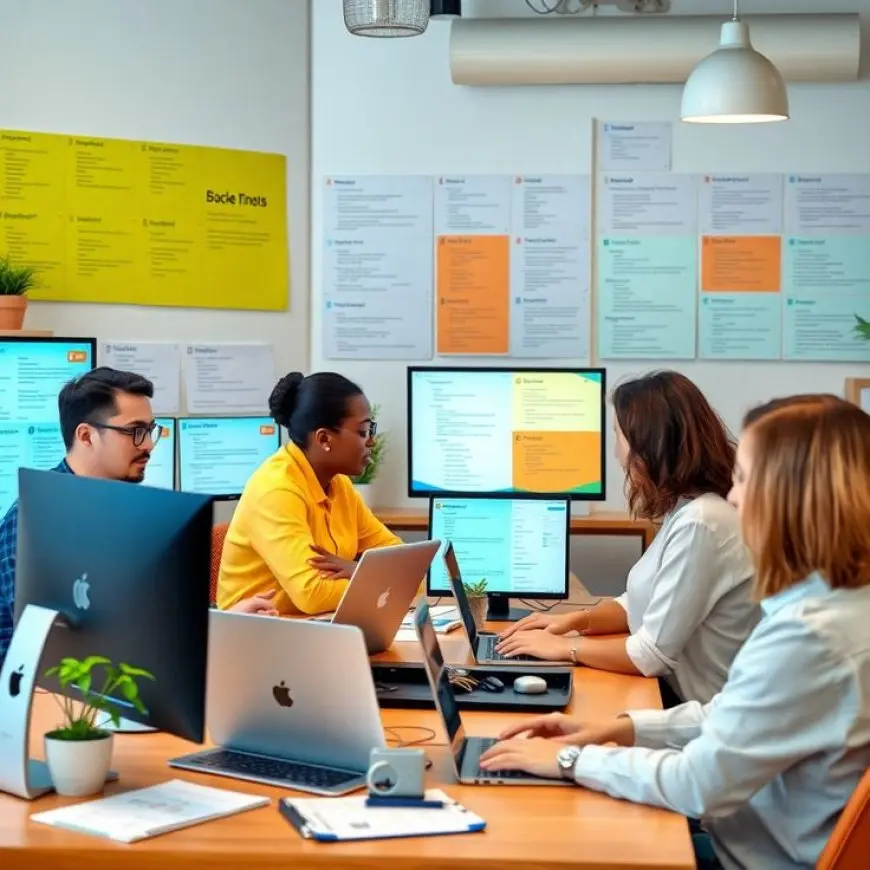Learning and Adapting to Different Cultures
Learning and Adapting to Different Cultures

In today’s interconnected world, the ability to learn about and adapt to different cultures is an essential skill. Whether you’re traveling, studying abroad, or working in a multicultural environment, understanding and respecting cultural diversity enriches your experiences and fosters meaningful connections. Here are practical tips to help you navigate and embrace different cultures effectively.
Educate Yourself Beforehand
Understanding a culture starts with learning about its history, traditions, and values. To prepare:
- Read books, articles, or watch documentaries about the culture.
- Explore its language, even if just learning basic greetings and phrases.
- Research cultural norms, etiquette, and taboos to avoid unintentional disrespect.
Embrace Open-Mindedness
Cultural differences can be surprising, but approaching them with curiosity rather than judgment is key. To stay open-minded:
- Avoid stereotyping or making assumptions based on limited knowledge.
- Be willing to question your own beliefs and biases.
- Appreciate the uniqueness of each culture as an opportunity for personal growth.
Engage with Locals
The best way to learn about a culture is by interacting with its people. To foster connections:
- Participate in local events, festivals, and community activities.
- Ask locals about their traditions, daily routines, and stories.
- Show genuine interest and respect when learning about their way of life.
Practice Cultural Sensitivity
Being respectful of cultural differences is essential to building trust and positive relationships. To demonstrate cultural sensitivity:
- Adapt to the local dress code, gestures, and forms of address.
- Observe and follow local customs, such as dining etiquette or greetings.
- Be patient and respectful when encountering practices that differ from your own.
Learn Through Experiences
Immersing yourself in a culture is one of the most effective ways to adapt. Examples include:
- Trying local cuisine and understanding the stories behind traditional dishes.
- Participating in cultural activities like dance, art, or sports.
- Visiting historical landmarks to gain insight into the culture’s evolution.
Be Prepared for Culture Shock
Adapting to a new culture can sometimes feel overwhelming. To navigate culture shock:
- Recognize the stages of adjustment—initial excitement, frustration, adaptation, and acceptance.
- Maintain a positive attitude and be patient with yourself as you adjust.
- Stay connected with friends or family for support while embracing your new surroundings.
Develop Cross-Cultural Communication Skills
Effective communication is crucial when navigating cultural differences. To enhance your skills:
- Be mindful of non-verbal cues, such as body language and facial expressions.
- Speak clearly and avoid idioms or slang that may not translate well.
- Practice active listening and ask clarifying questions to ensure understanding.
Respect Cultural Values and Traditions
Every culture has unique beliefs and practices that may differ from your own. To show respect:
- Avoid criticizing or comparing cultural norms to those of your home country.
- Participate respectfully in cultural rituals or ceremonies if invited.
- Understand the importance of cultural values, such as family roles, religious practices, or community priorities.
Reflect on Your Experiences
Adapting to a new culture is a continuous learning process. To grow from your experiences:
- Reflect on how the culture has influenced your perspective and behavior.
- Consider the similarities and differences between your own culture and the one you’re experiencing.
- Use your insights to enhance future interactions in multicultural settings.
Share Your Knowledge
After adapting to a culture, sharing your experiences can promote understanding among others. To do this:
- Share stories, photos, or lessons learned with friends and family.
- Encourage others to approach different cultures with curiosity and respect.
- Advocate for cross-cultural learning in your community or workplace.
Learning and adapting to different cultures enriches your life and opens doors to new opportunities. By approaching cultural differences with humility, respect, and a willingness to learn, you can build meaningful relationships and thrive in diverse environments.







